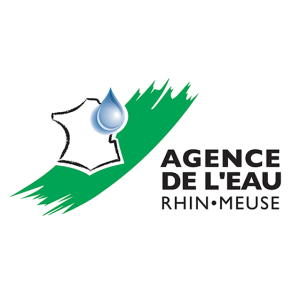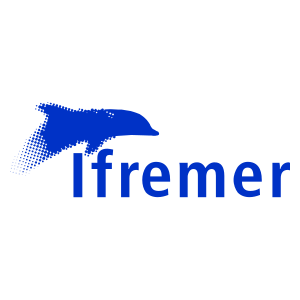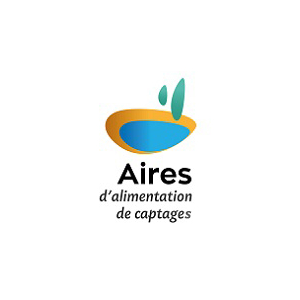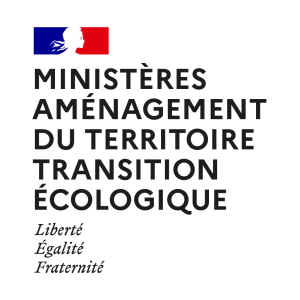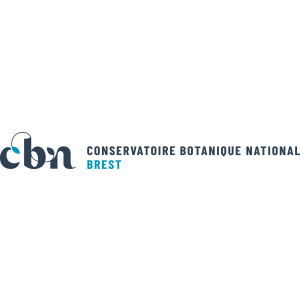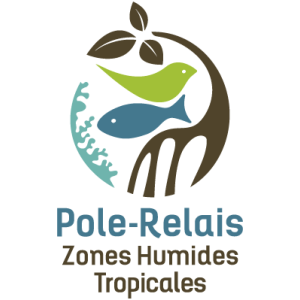
Document généré le 18/02/2026 depuis l'adresse: https://www.documentation.eauetbiodiversite.fr/fr/notice/l-impact-d-une-politique-de-limitation-de-l-effort-de-peche-les-chalutiers-mediterraneens-et-le-systeme-des-licences
L'impact d'une politique de limitation de l'effort de peche : Les chalutiers méditerranéens et le système des licences
Titre alternatif
Producteur
Contributeur(s)
Éditeur(s)
Identifiant documentaire
9-2514
Identifiant OAI
oai:archimer.ifremer.fr:2514
Auteur(s):
Meuriot, Eric,Dremiere, Pierre-yves
Mots clés
SEM
Date de publication
01/10/1986
Date de création
Date de modification
Date d'acceptation du document
Date de dépôt légal
Langue
fre
Thème
Type de ressource
Source
Econommie Meridionale, 1986-10 , Vol. 133-134 , P. 27-39
Droits de réutilisation
1986 Econommie Meridionale
Région
Département
Commune
Description
Many theoretical studies since after the war have been devoted to the biological and economic aspects of exploiting halieutic resources. They often lead to, indeed focus directly on, the interest of limiting the fishing effort. In the simplest case, the one in which production automatically finds an outlet, the idea of limiting the fishing effort comes from an argument that can be presented schematically in three points:
a) halieutic resources and their renewal are limited;
b) an increase in overall fishing effort cannot therefore be done while maintaining the same level of catches per unit of effort; the latter inevitably decrease. Additionally, beyond a certain level of fishing intensity, a supplementary increase of the overall fishing effort brings about a decrease in overall catches.
c) without limitations, any expectation of profits from exploiting the resources elicits an increase of effort (increase in the number of ships or their fishing power); the latter leads to a decrease in catches per unit of effort, which makes it impossible to obtain the anticipated individual profits. The fishing effort will eventually have a tendency to grow up to the time when average net profits per boat and of the fleet become zero. This tendency is in part masked by technological improvements that make it possible, for the same level of overall effort, to increase production per ship; the decrease in number of ships is a corollary to that. For some species, a pronounced rise in the landing price can compensate for the drop in intake. Producers can benefit from that, not consumers.
The conclusion to which the theoretical analyses lead is that there is, in the absence of limitations on fishing efforts, a squandering of not only natural resources, but also of human and material means...
Accès aux documents
0
Consultations
0
Téléchargements

